"Heating supply prices in Tashkent will increase 4 times in 2 years, but this is not enough" - Kuchkarov
"Next year, heating supply tariffs in Tashkent will be increased twice, but even this will not be sufficient," said the Minister of Economy and Finance, Jamshid Kuchkarov. This year, prices for heating in the capital were raised twice by 15% each time. In 2025, a subsidy of 4.2 trillion UZS is planned to be allocated to the network from the state budget.
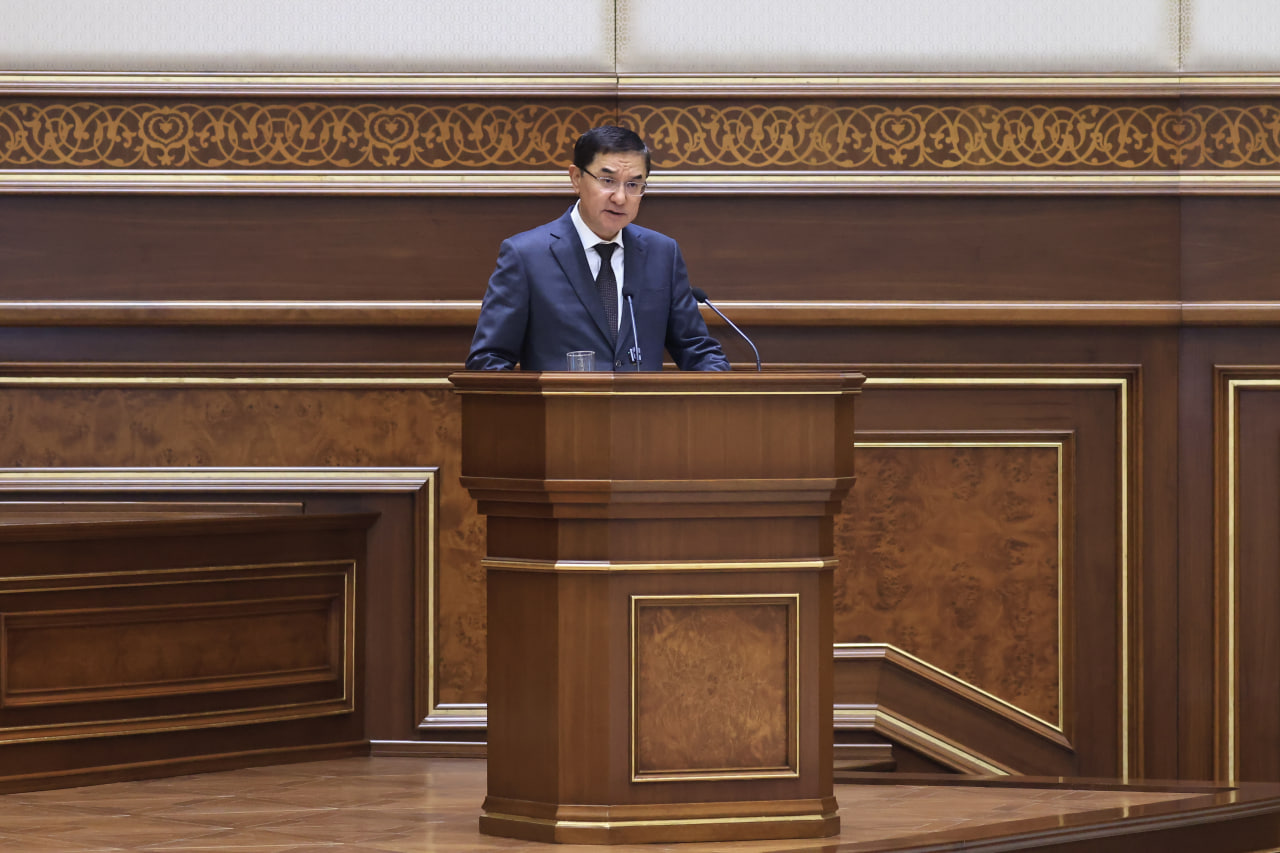
Photo: senat.uz
Heating supply prices may continue to rise in the coming years. This was mentioned by Deputy Prime Minister and Minister of Economy and Finance Jamshid Kuchkarov during a speech at a plenary session of the Senate.
"The issue of heating supply is more complex. We have a significant disparity in tariffs. For instance, Tashkent has one rate, while Bukhara or Fergana has a different one. Moreover, there are certain technological issues in this sector. For example, the installation of meters is a challenge because measuring heat consumption itself is a significant problem. The systems of boiler houses and delivery networks are also very outdated. They are based on Soviet-era technologies, which are inefficient and consume a lot of gas, with a low gas utilization efficiency.
Recently, the Tashkent City Council decided to increase tariffs twice next year. However, even this, as we stated, will not be enough to cover the costs. To be honest, no matter how large the Tashkent city budget is, we still have to allocate subsidies for heating from the state budget to the city.
If you ask where the reforms in the energy sector will lead, they will conclude with the formation of retail and wholesale markets for electricity and gas. At that point, there will be no need for the state budget to subsidize this sector," Kuchkarov explained.
It is worth noting that in April this year, prices for centralized heating services in Tashkent were increased by 15%, and in October, they were raised by another 15%. Currently, households are paying 121,617 UZS per 1 Gcal, while other wholesale organizations are paying 244,497 UZS.
For reference, the draft Budget Law for 2025-2027 includes plans to allocate 4.2 trillion UZS from the budget to cover losses incurred in supplying heat to the population at reduced rates.
Recommended
List of streets and intersections being repaired in Tashkent published
SOCIETY | 19:12 / 16.05.2024
Uzbekistan's flag flies high on Oceania's tallest volcano
SOCIETY | 17:54 / 15.05.2024
New tariffs to be introduced in Tashkent public transport
SOCIETY | 14:55 / 05.05.2023
Onix and Tracker cars withdrawn from sale
BUSINESS | 10:20 / 05.05.2023
Latest news
-
High spending and shady contracts: Anti-Corruption Agency launches probe into Khanabad music festival
BUSINESS | 22:25 / 26.07.2025
-
Soaring gasoline prices and consumer rights issues spark debate in Uzbekistan
POLITICS | 19:50 / 26.07.2025
-
Tashkent’s master plan open to revision, but not for private interests – Ministry of Construction
POLITICS | 18:47 / 26.07.2025
-
Bilol’s Motors director on trial for defrauding 48 customers in UZS 13 billion scheme
SOCIETY | 17:52 / 26.07.2025
Related News
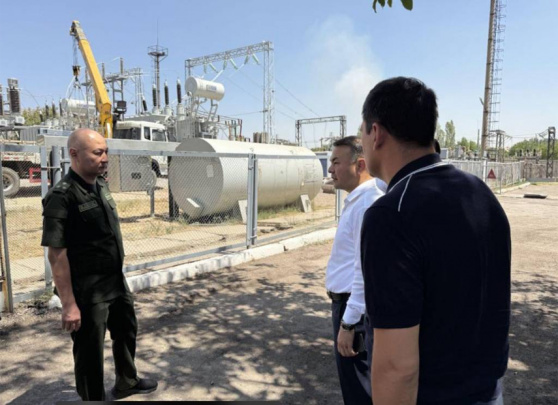
14:45 / 26.07.2025
Dozens of energy sector officials punished after electricity disruptions in Tashkent
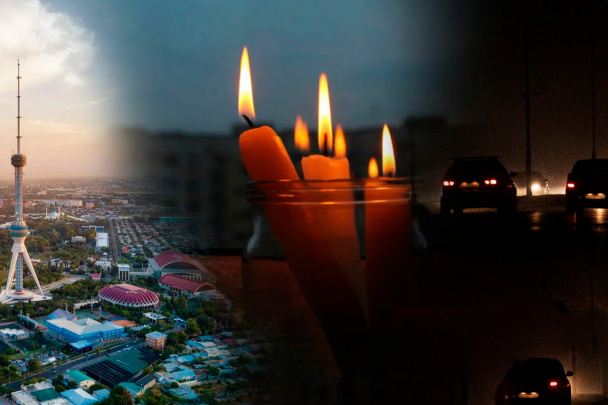
13:01 / 26.07.2025
Residents and businesses hit hard by frequent power cuts in Tashkent
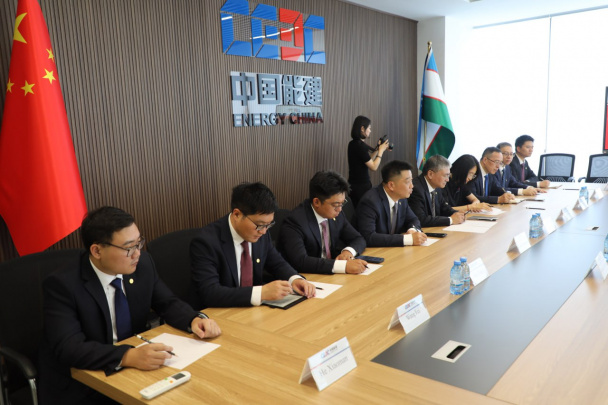
11:52 / 26.07.2025
Tashkent to launch 100 MW energy storage project with China Energy International Group
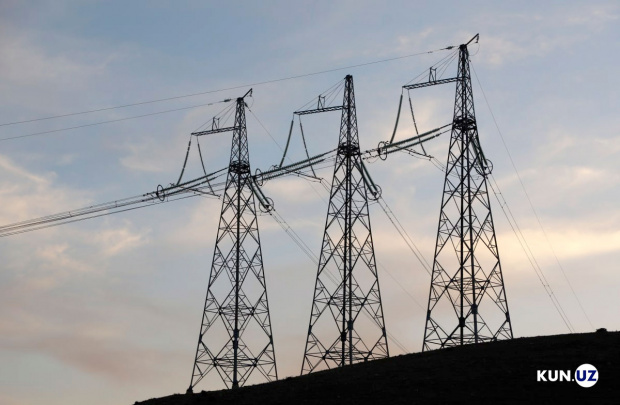
16:58 / 24.07.2025



